CHAIMELEON aims to set up a structured repository for health imaging data to be openly reused in AI experimentation for cancer management. An EU-wide repository will be built as a distributed infrastructure in full compliance with legal and ethics regulations in the involved countries. It will build on partner´s experience (e.g. PRIMAGE repository for paediatric cancer and the Euro-BioImaging node for Valencia population, by HULAFE; the Radiomics Imaging Archive by Maastricht University; the national repository DRIM AI France, the Oncology imaging biobank by Pisa University). Clinical partners and external collaborators will populate the Repository with multimodality (MR, CT, PET/CT) imaging and related clinical data for historic and newly diagnosed lung, prostate and colorectal cancer patients.
A multimodal analytical data engine will facilitate to interpret, extract and exploit the right information stored at the Repository. An ambitious development and implementation of AI-powered pipelines will enable advancement towards automating data deidentification, curation, annotation, integrity securing and images harmonisation, the latest being of the highest importance for enabling reproducibility of Radiomics when using large multiscanner/multicentre image datasets.
The usability and performance of the Repository as a tool fostering AI experimentation will be validated, including a validation subphase by other world-class European AI developers, articulated via the organisation of Open Challenges to the AI Community. A set of selected AI tools will undergo early on-silico validation in observational (non-interventional) clinical studies coordinated by leading experts in Gustave Roussy (lung cancer), San Donato (breast), Sapienza (colorectal) and La Fe (prostate) hospitals. Their performance will be assessed, including external independent validation, on hallmark clinical decisions in response to some of the currently most important clinical end points in cancer.


